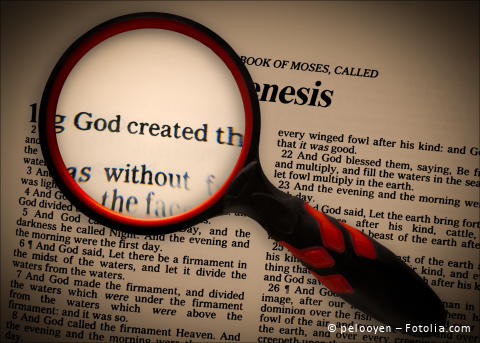For the week of April 30, 2016 / 22 Nisan 5776
Pesach 8
Torah: Devarim/Deuteronomy 14:22 – 16:17; Bemidbar/Numbers 28:19-25
Haftarah: Isaiah 10:32 – 12:6
Download Audio [Right click link to download]
Behold, God is my salvation; I will trust, and will not be afraid; for the LORD God is my strength and my song, and he has become my salvation. (Isaiah 12:2)
The special Haftarah (reading from the Prophets) traditionally chosen when the end of Pesach (English: Passover) falls on a Shabbat (English: Sabbath) is a high point in the Hebrew Scriptures. It speaks of a day when King Messiah will establish everlasting peace on earth. In response, people will celebrate God’s goodness with great joy. This is where the well-known song and folk dance, Mayim (meaning “water”), comes from: “With joy you will draw water from the wells of salvation” (Isaiah 12:3).
Salvation to many people has very spiritual overtones as if it is exclusive to the domain of the intangible. This comes out of the false notion that God is really only concerned about our souls. The body, as is the rest of the material world, is temporary and decaying. Our only hope is if our souls connect with God adequately so that the essential non-tangible part of us might have the opportunity to exist in an eternally blissful state in heaven.
Biblically speaking, salvation is indeed a spiritual concept since it is rooted in God, but it isn’t only spiritual. The Bible doesn’t view the realm of God as completely detached from the other aspects of life. Scripture teaches that the spiritual and the material are integrated. Salvation is not a concern for only our souls, but for the whole person. Plus, it isn’t just for individuals, the salvation foretold by the Hebrew prophets is the salvation of the entire creation. That’s something to sing and dance about all right!
Almost forty years ago, when I was a new believer, I was working part time at a Jewish Community Centre. My fairly new faith in Yeshua as the Messiah (I normally called him Jesus back then) was not something that the administration valued, to say the least. One day, the Centre’s director thought we should have a talk. I don’t remember everything that was said, except for when he challenged me to show him where Jesus was mentioned in the Hebrew Bible by name. Obviously (or so I thought) the name Jesus is not in the Old Testament. So what could I say! I was aware of the many prophecies that so vividly predicted his coming (http://www.alangilman.ca/content/messianicprophecies.html), but his actual name? He thought he scored some points with that.
But, as many of you know, Jesus’s Hebrew name is Yeshua, which means “salvation.” If I would have known, I could have shown him the over three hundred and fifty occurrences of the noun and verbal forms of that word, including from this week’s Haftarah: “Behold, God is my yeshuah; I will trust, and will not be afraid; for the LORD God is my strength and my song, and he has become my yeshuah.” (Isaiah 12:2). I know that salvation isn’t being used as a proper name here, but the name given the Messiah is repeated over and over again.
At Pesach we rejoice over God’s salvation of our people, delivering us from slavery in Egypt. Over and over again since then, God has been our yeshuah. It is fitting that this would be the Messiah’s given name. For he is our salvation, our rescuer, our deliverer. Let us draw water from the wells of Yeshua!
All scriptures, English Standard Version (ESV) of the Bible



